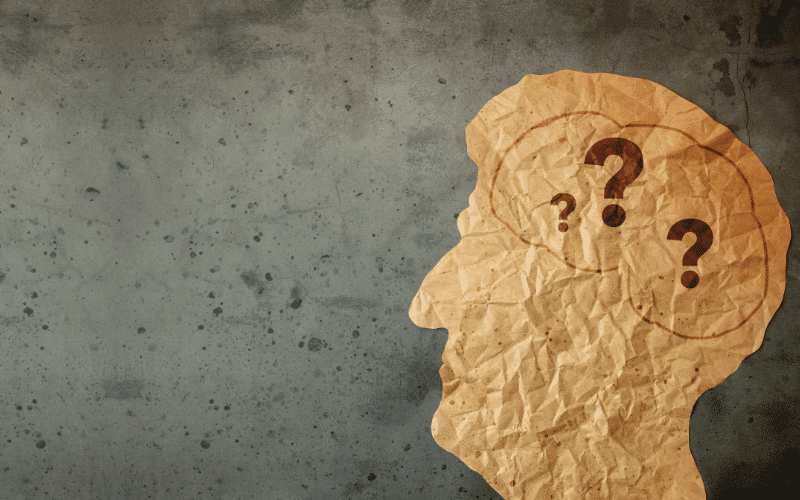Frequently Asked Questions About Expressive Aphasia

1. Can Expressive Aphasia be cured?
There is no definitive cure for Expressive Aphasia as the condition typically results from brain damage, which can’t be reversed entirely. However, speech and language therapy can significantly improve communication skills and quality of life. The extent of recovery varies widely among individuals, influenced by factors such as the severity of the brain damage, the person’s age, their overall health, and the timeliness and intensity of treatment.
2. Can you have Expressive Aphasia without having a stroke?
While stroke is the most common cause of Expressive Aphasia, other conditions that cause brain damage, such as traumatic brain injury, brain tumors, or infections, can also lead to the condition.
3. How is Expressive Aphasia diagnosed?
Expressive Aphasia is typically diagnosed by a speech-language pathologist. The diagnostic process involves a comprehensive evaluation of the individual’s speech and language skills, which might include tasks such as naming objects, following instructions, answering questions, and participating in regular conversation.
4. Can children develop Expressive Aphasia?
Yes, children can develop Expressive Aphasia if they experience a brain injury. The condition can impact their ability to communicate, socialize, and succeed acadically. However, with timely and targeted intervention, many children can recover their language skills due to the plasticity of the developing brain.
5. What assistive technologies are available for individuals with Expressive Aphasia?
Several assistive technologies can aid communication in individuals with Expressive Aphasia. These include apps that convert text or images into speech, communication boards, and advanced speech-generating devices that use AI to predict and supplement the person’s speech. The choice of technology depends on the individual’s specific needs, abilities, and preferences.
Conclusion
Expressive Aphasia, often a result of stroke or other brain injuries, is a journey of courage and resilience for those affected. It can significantly alter the individual’s ability to communicate, thereby affecting various aspects of their life, from relationships to career prospects.
However, advances in research and technology are continually pushing the boundaries of our understanding of Expressive Aphasia and its treatment. Promising developments in neuroplasticity and artificial intelligence hold great potential for revolutionizing therapeutic strategies, leading to more effective and personalized treatment approaches.
While the path to recovery may be challenging, it is crucial to remember that improvement is possible, often well beyond what was initially anticipated. With patience, practice, and the right resources, individuals with Expressive Aphasia can improve their communication skills and maintain an engaging and fulfilling life.
Finally, as we look towards the future, let’s strive to create a world that is more aware, accepting, and supportive of those with aphasia. For now, our mission remains to continue learning, researching, and spreading awareness, ensuring every voice is heard and understood, regardless of the challenges in its path.